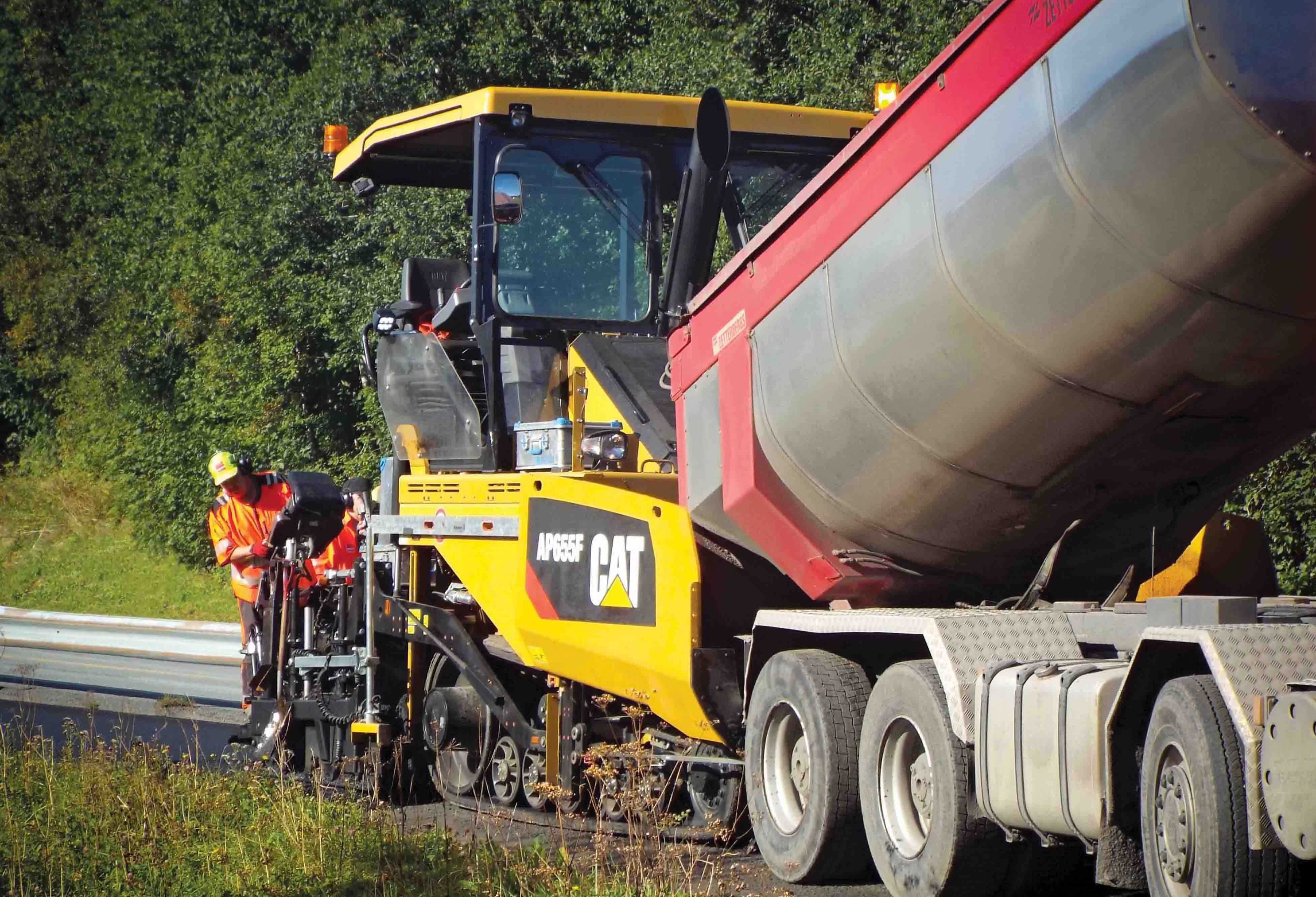Two full-colour, high-resolution Daktronics Vanguard dynamic message sign (DMS) products have officially been approved by the Florida Department of Transportation (FDoT) to manage traffic congestion and provide safety on highways throughout the state. By adding these two signs, Florida now has five Daktronics DMS and one DMS traffic cabinet on its Approved Product List (APL).
March 20, 2012
Read time: 2 mins
Two full-colour, high-resolution 197 Daktronics Vanguard dynamic message sign (DMS) products have officially been approved by the 2697 Florida Department of Transportation (FDoT) to manage traffic congestion and provide safety on highways throughout the state. By adding these two signs, Florida now has five Daktronics DMS and one DMS traffic cabinet on its Approved Product List (APL).
Last month, the Florida’s Traffic Engineering Research Laboratory (TERL) approved the Vanguard VF-2420, which has a 34mm pixel spacing, as well as the Vanguard VF-2320, which has a 20mm pixel spacing.
It was in January 2010 that the amber monochrome Vanguard VF-2420 46mm became the first DMS approved for both highways and arterial roads in Florida. The approval of the full-colour VF-2420 and VF-2320 represents two more milestones, as they are the first front-access 34mm and 20mm products on the APL. With high pixel densities, both of these DMS show sharp MUTCD graphics and text to enhance messaging capability and improve motorist comprehension.
According to Daktronics, these popular LED displays are currently deployed in 45 states, and are known for their dependability, versatility and simple operation. All Daktronics Vanguard DMS comply with the latest version of the1608 National Transportation Communications for ITS Protocol (NTCIP) which allows them to connect seamlessly with existing NTCIP-compliant DMS controllers.
Last month, the Florida’s Traffic Engineering Research Laboratory (TERL) approved the Vanguard VF-2420, which has a 34mm pixel spacing, as well as the Vanguard VF-2320, which has a 20mm pixel spacing.
It was in January 2010 that the amber monochrome Vanguard VF-2420 46mm became the first DMS approved for both highways and arterial roads in Florida. The approval of the full-colour VF-2420 and VF-2320 represents two more milestones, as they are the first front-access 34mm and 20mm products on the APL. With high pixel densities, both of these DMS show sharp MUTCD graphics and text to enhance messaging capability and improve motorist comprehension.
According to Daktronics, these popular LED displays are currently deployed in 45 states, and are known for their dependability, versatility and simple operation. All Daktronics Vanguard DMS comply with the latest version of the








